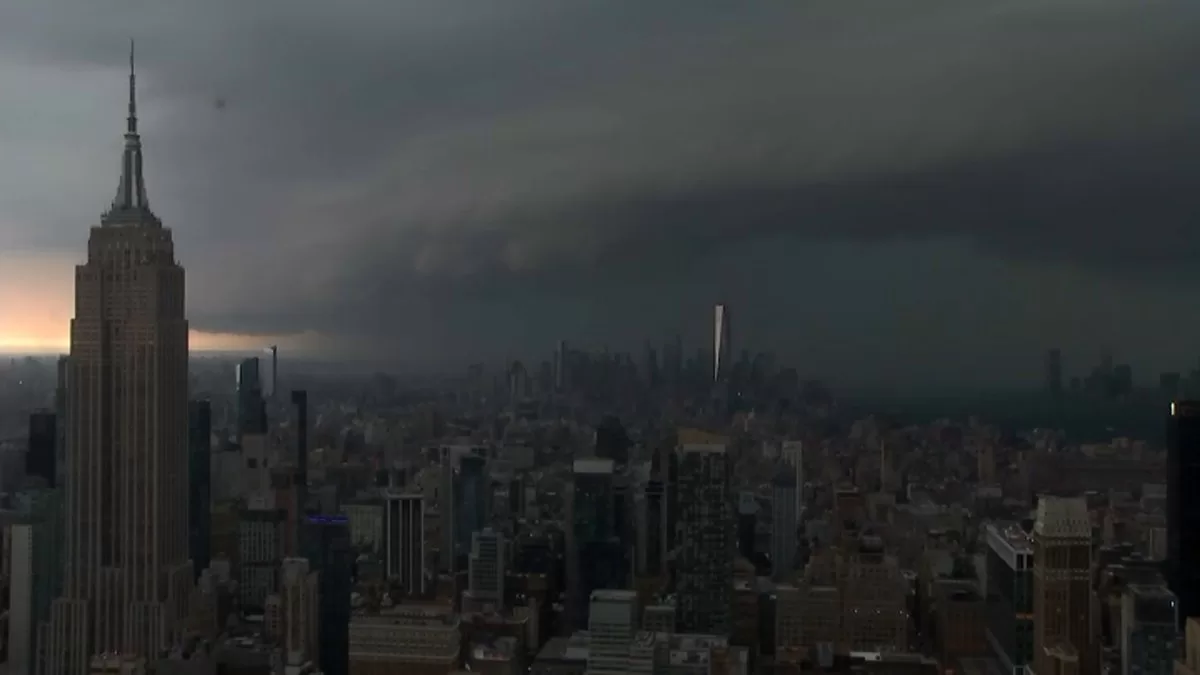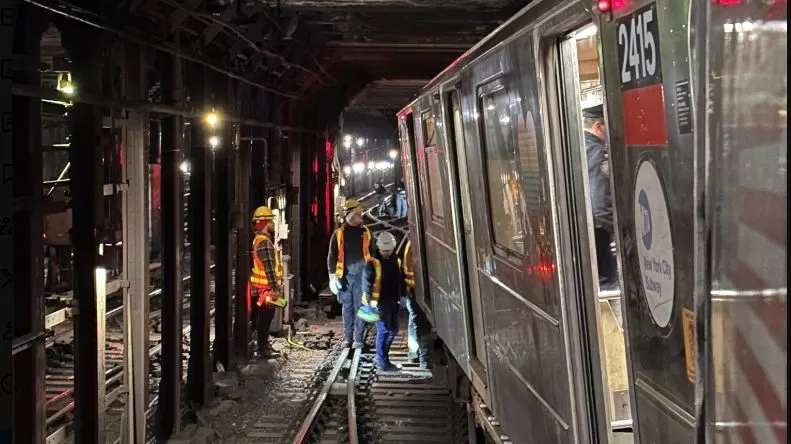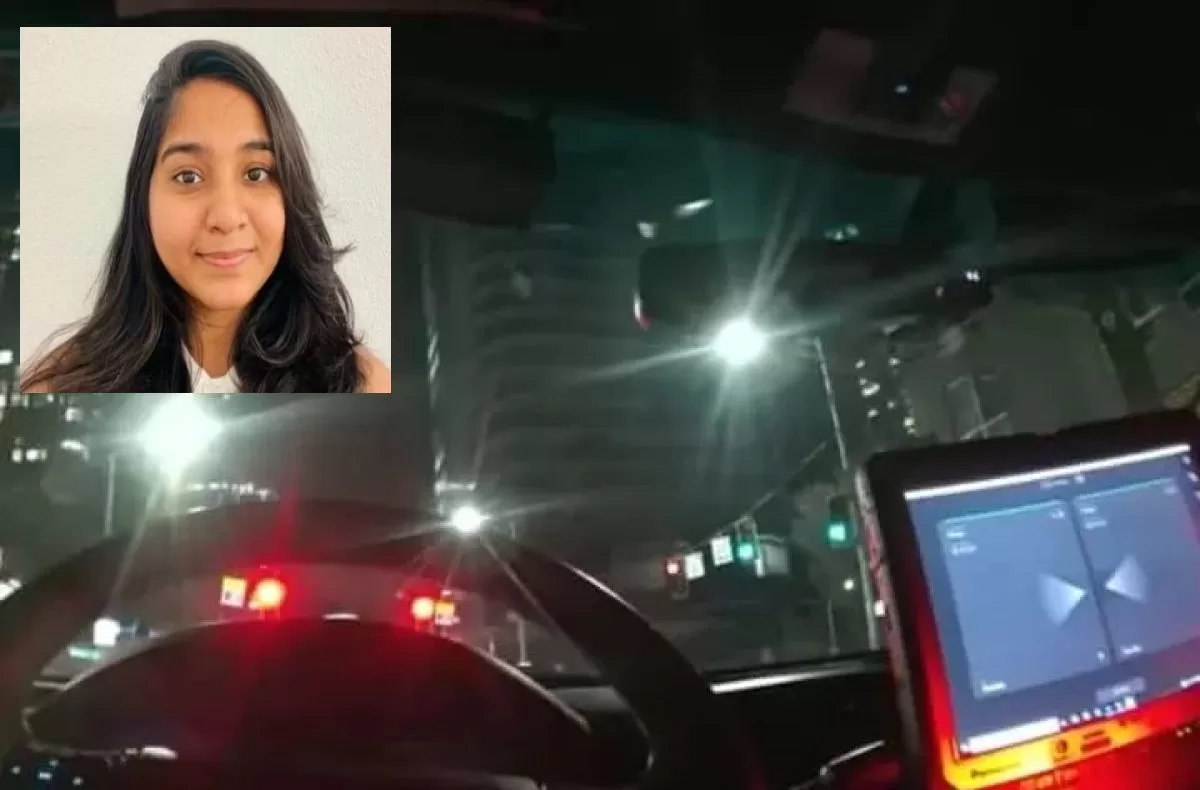The opposition to the judicial reform of the Government of Benjamin Netanyahu is trying this Tuesday to recover the initiative with actions on different fronts, after the parliamentary approval of the first law that weakens the Supreme Court. The doctors are on a 24-hour strike throughout the country, except Jerusalem, called by the union that represents them. The Administration has presented this morning before the labor court a requirement for its annulment. In addition, the high-tech sector, very active in the protests that began in January, has paid for a front page of black advertising in five print newspapers. And there are already six lawsuits presented to the Supreme Court to review the new and controversial rule, which removes the Court’s ability to annul those decisions of the Government, ministers or elected public officials that it considers unreasonable.
Hospitals are operating in mode shabbat, that is, to the minimum. Its emergency services have not changed their operation. Yes, the health centers of the four boxesas the organizations that provide health services to the vast majority of Israelis are called.
At the request of the minister, Moshe Arbel, the technicians from the Ministry of Health prepared a request to cancel the strike that has been presented to the courts. In the text they assure that this stoppage is not “a legitimate means” of protest, “but an end in itself”, for which reason “it is necessary to examine the issue of good faith”, according to Israeli public radio. The conveners argue that this annulment of the review of the reasonableness of government decisions, approved on Monday by the Knesset, may affect them, for example, in the appointments of positions.
In addition, five major Israeli newspapers have hit the newsstands with a black front page with a single small message in white letters – “A black day for Israeli democracy” – and the date of this Tuesday. On the back you can read: “Israel’s locomotive will never give up”, referring to the high-tech sector, which finances the advertisements in the three generalist newspapers with the largest circulation (Yediot Aharonot, Yisrael Hayom and Haaretz) and two economic (Calcist and The Marker). They call it the locomotive because it contributes more than 10% of employment and 15% of Israel’s GDP. Its businessmen and workers are one of the spearheads of the protest, both due to their social background and place of residence, as well as their dependence on the country continuing to be viewed abroad as a democracy with an open economy and legal certainty.
court battle
Join EL PAÍS to follow all the news and read without limits.
subscribe
The battle is also being fought in the judicial field. The Supreme Court has received six requests to review the law, including that of the head of the opposition, Yair Lapid, and that of the bar association. Its president, Esther Hayut, and other judges on the Court have been forced to shorten their official visit to Germany that began on Sunday to return to Israel to examine them. It is a paradox – the ability of the Supreme Court to overthrow a rule that affects it – on which the experts are divided.
The regulation that they will review was approved on Monday by 64 votes in favor (the entire coalition formed by Netanyahu’s party, the Likud, with ultra-Orthodox and ultra-nationalists) and zero against, when the other 56 deputies left the plenary session shouting: “Shame!” The law removes one of the legal filters from the Supreme Court that it held in a country without a Constitution (it is guided by a series of basic laws developed over the years) and in which Parliament elects the prime minister. The Court has spent years in the crosshairs of the right, particularly the most extreme.
Before, during and after its approval, there were protests in different cities, mainly Jerusalem and Tel Aviv, although they were not massive. Thirty-two protesters and 12 police officers have been injured, none seriously. Three of the first were due to an intentional hit-and-run whose perpetrator is still under arrest.
In addition, dozens of artists have hung banners eight meters high on the side of Ayalón this morning with a clenched fist and messages against the reform, as they have claimed in a statement. It’s a busy Tel Aviv highway that younger protesters have regularly blocked every Saturday since the mobilization began 30 weeks ago.
At the end of Monday, while thousands of people protested in the streets, Netanyahu addressed the nation to defend the new law as “necessary to restore the balance between powers”, so that the Executive can “lead policies in accordance with the will of the majority of the citizens of the State”. “It’s not ‘the end of democracy,’ it’s the essence of democracy,” he stressed.
Lapid, his predecessor as prime minister and leader of the Yesh Atid party, accused him of having “become a puppet of messianic extremists”, but asked those reservists who have threatened thousands to stop wearing the uniform for time for the Supreme Court to consider the petitions.
Another opposition political leader, Benny Gantz, who was Netanyahu’s defense minister and chief of staff, has tried to raise spirits with a military simile: “I am a man who knows battle, and I tell you today: ‘We may have lost a battle, but we will win the war.’
Follow all the international information on Facebook and Twitteror in our weekly newsletter.
Subscribe to continue reading
Read without limits







